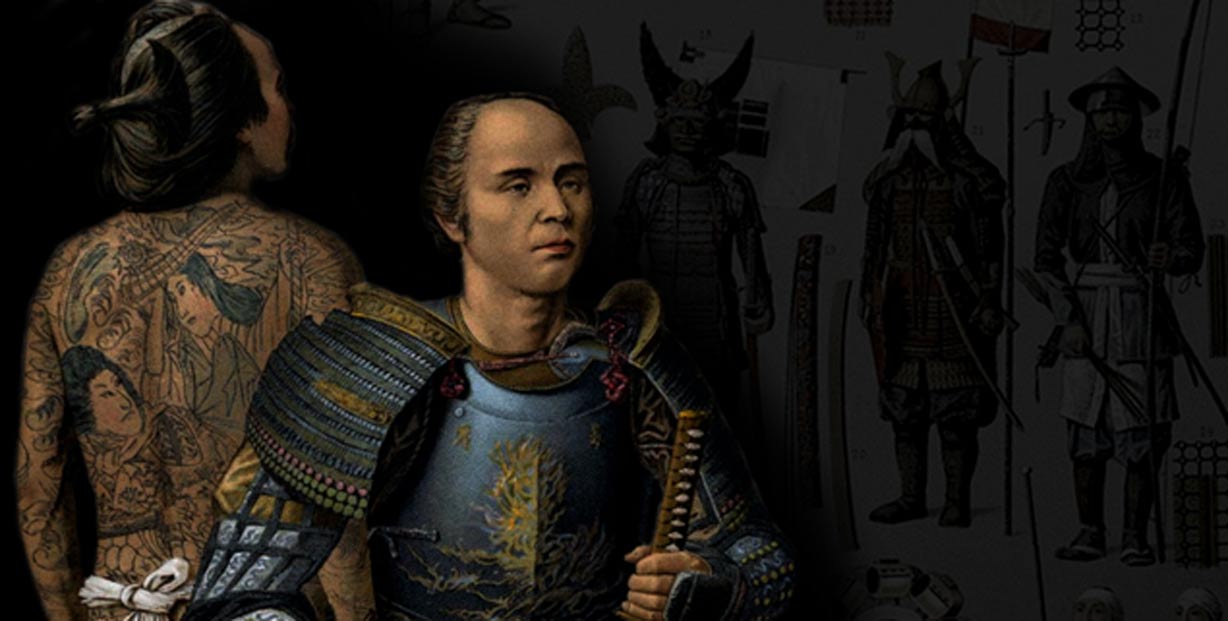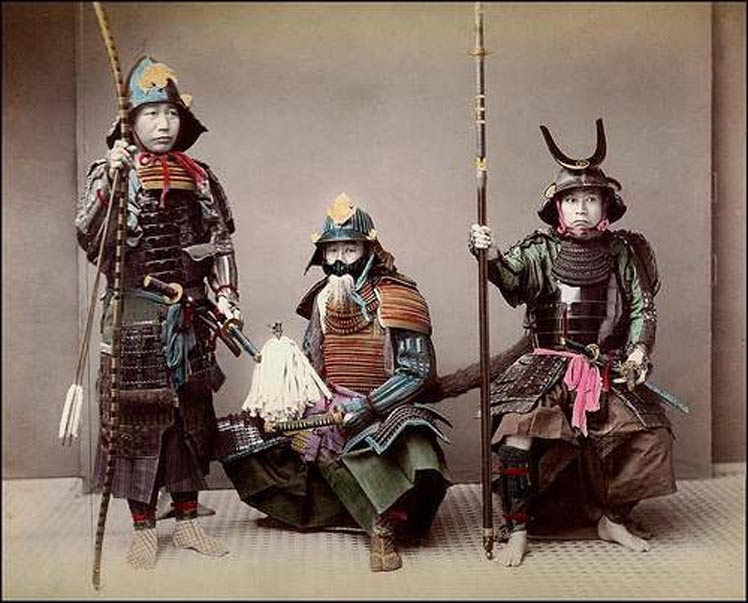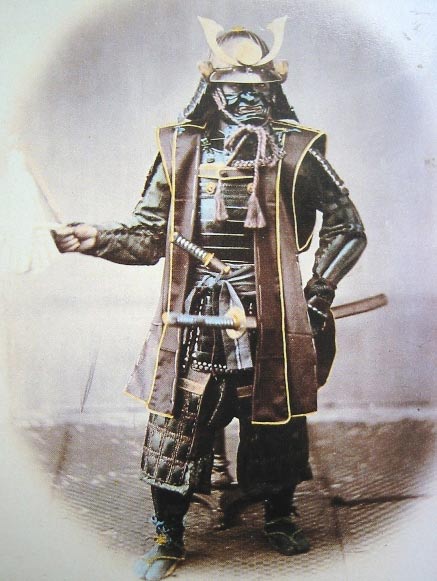
A Dark Time for the Samurai and the Trouble with the Feudal Japanese Caste System
In Japanese jidai-geki (period) films, especially those made under the military government, samurai warriors are presented as the ideal warriors who were motivated solely by honor and loyalty, preferring to fight to the death rather than admit defeat. The true samurai warriors were not only well-trained in the art of warfare, they were also highly learned in literature and poetry. The idea of the samurai became the embodiment of the philosophical ideal of Japan and attracted global admiration for their nobility.
However, the samurai experienced a dark period beginning in the sixteenth-century Japan which led to many changes to the samurai caste. It was also a time when it was painfully apparent that the samurais were not only the first people to jump into battle, they also had to suffer the most damage with major changes in the government due to their place in society. Ironically, the most difficult time in the life of a samurai was not in a field of battle, but at a time of peace in his own land.

Samurai of the Japanese Edo Period (1603-1868) (CC BY 2.0)
THE IMPORTANCE OF THE SAMURAI
From the late twelfth century onward, Japan was ruled by a shogunate (the shogun was the commander of the Imperial Army) with the emperor reduced to a puppet figure, stripped of all power or influence. In this society, the samurais were on top of the heap. The samurai warrior class made up of only 10 percent of the population and held enormous power. The samurai answered only to the daimyo (feudal lord) for whom they worked, and the daimyo, in turn, answered only to the shogun.
A samurai, as a feudal retainer, owed personal loyalty to his daimyo, and if his daimyo was killed or defeated, which happened quite often given the frequent battles, the samurai would be out of a job. If he couldn’t find employment with another daimyo—an idea which he would have found to be repulsive in itself as he was supposed to die for his own daimyo, a samurai became a ronin (a masterless samurai). The ronin is also a frequent figure in jidai-geki movies, usually portrayed as a loner with the dangerous, romantic aura equaling that of a solitary gunman in a western movie.

Japanese samurai in armor, 1860s (Public Domain)
One illustration of the importance of the samurai class is this: when a samurai walked past, members of the lower classes were required to bow and show respect. If a farmer or artisan neglected or refused to bow, the samurai was legally entitled to chop off the person's head. There have also been stories of samurais killing those of the lower castes to test new swords or weapons—the lower castes were said to consider this an honor. In the event that a samurai and a farmer were in danger, the farmer would be obliged to sacrifice himself so that the samurai could live for the sake of his country, as the samurai was viewed as having the more important duty of defending his country in a time of war.
FEUDAL JAPANESE CASTE SYSTEM
Feudal Japan had a four-tiered social structure based on the principle of military preparedness. The daimyo and their samurai retainers occupied the top structure. Three varieties of commoners stood below the samurai; First the farmers, who were superior to other caste systems except the samurai, as they worked in fields to produce food upon which other castes depended. The craftsmen were next in the social ladder as they made products for the people’s needs. Merchants were considered the lowest caste since they did not manufacture any products. Then there was the shunned caste which was ostracized by others, politely referred to as the Burakumin (the people of the village). They worked in occupations that were considered dirty or impure by the feudal Japanese. This included jobs such as leather tanning, butchering animals, and executing condemned criminals. As a rule, the caste conventions in feudal Japan dictated what one could wear, what weapons one could carry and what kind of house one could live in. Therefore, there would be no mistaking a person’s social class based on their appearance.





